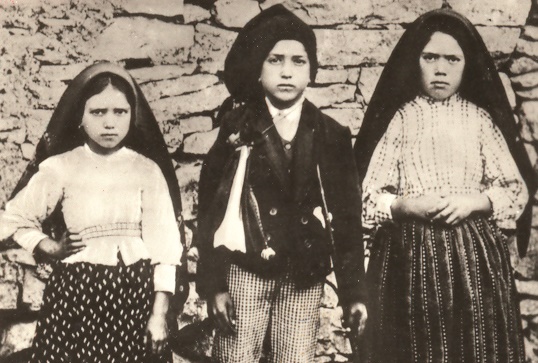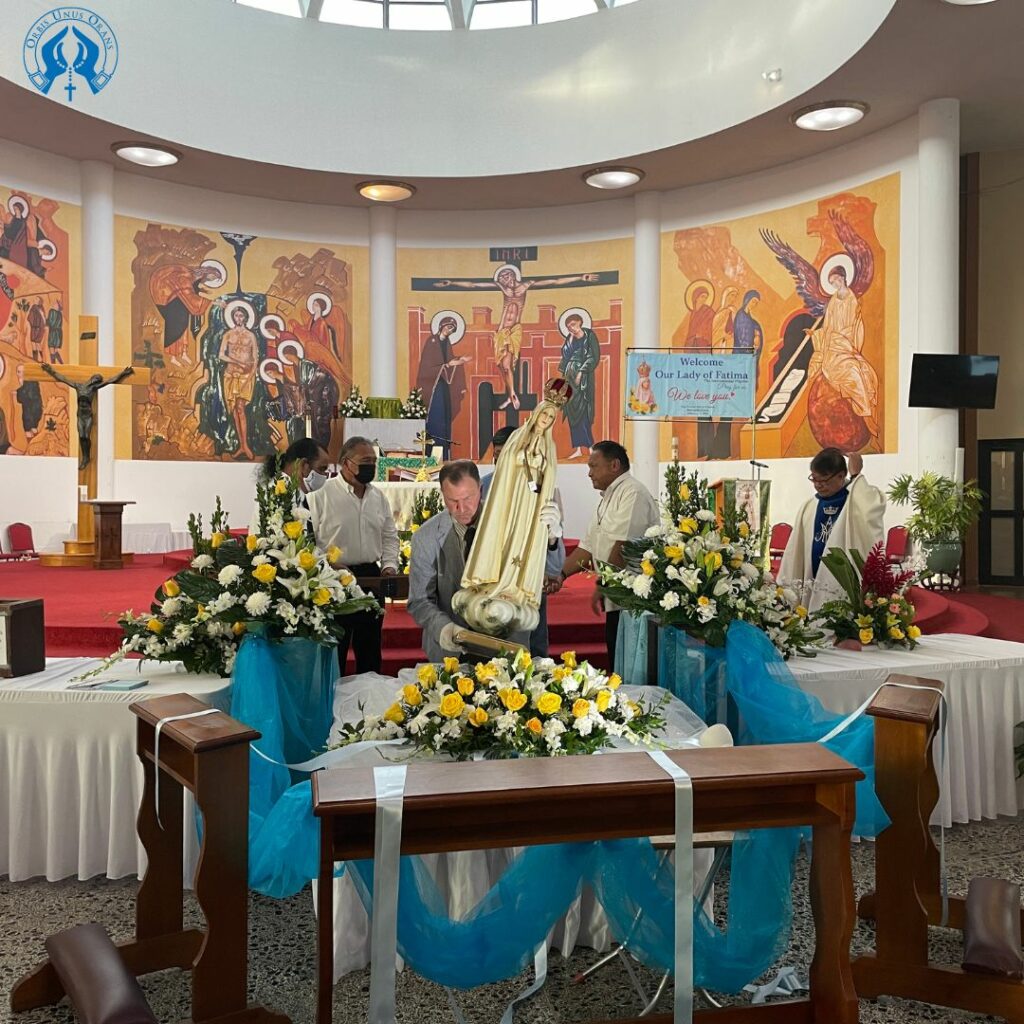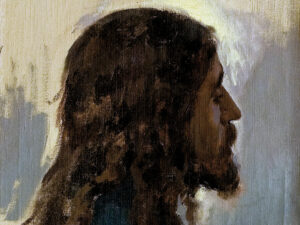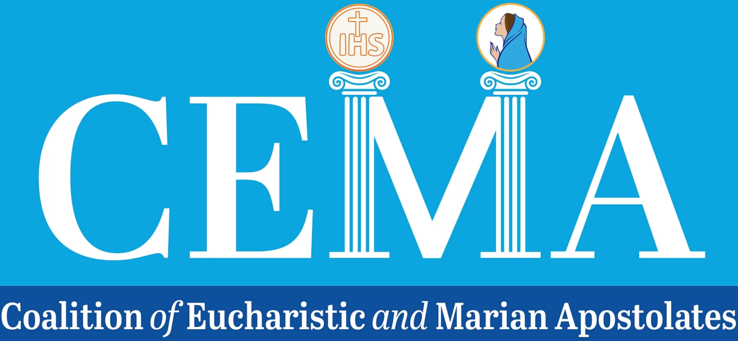by Catherine Moran, Ph.D. –

The origin of the practice of meditating on St. Joseph’s Seven Sorrows and Joys comes from a miraculous event involving two Franciscan Fathers.
“Two fathers of the Franciscan order were sailing along the coast of Flanders, when a terrible tempest arose, which sank the vessel and its 300 passengers. The two fathers had sufficient presence of mind to seize hold of a plank, upon which they were tossed to and fro upon the waves for three days and nights. In their danger and affliction, their whole recourse was to St. Joseph, begging his assistance in their sad condition. The saint, thus invoked, appeared in the habit of a young man of beautiful features and encouraged them to confide in his assistance, and, as their pilot, conducted them into a safe harbor. They, desirous to know who their benefactor was, asked his name that they might gratefully acknowledge so great a blessing and favor. He told them he was St. Joseph and advised them to daily recite the Our Father and Hail Mary seven times in memory of his seven sorrows, or griefs, and of his seven joys, and then disappeared.”
The Seven Sorrows and Joys of St. Joseph parallel the Seven Sorrows and Joys of Mary. This devotion has grown in popularity; one that we can habitually take up especially on Wednesdays when the Church honors St. Joseph. It can also aid us during our meditations on the mysteries of the Rosary.
The First Sorrow: The uncertainty about Mary’s pregnancy. (Mt 1:19) This sorrow stresses the suffering St. Joseph endured alone and in silence as he awaited the consolation and direction from God. Ask St. Joseph to relieve all of our anxieties and doubts about the future.
The Second Sorrow: The anxiety of seeing Jesus born into abject poverty. (Lk 2:7) St. Joseph suffered the sorrow of not finding lodging for the birth of the Savior, the same anxiety Our Lady suffered concerning the burial of Jesus. Ask St. Joseph for his help in all our earthly cares.
The Third Sorrow: The pain of seeing Jesus’s blood spilt during His circumcision. (Lk 2:21) St. Joseph suffered the pains of witnessing the circumcision, knowing the Child would shed so much more blood at His death. Ask St. Joseph to obtain for us the grace to be freed from sin during our life.
The Fourth Sorrow: Simeon’s prophesy of Mary’s pierced heart. (Lk 2:34) St. Joseph suffered intensely knowing he would not be present to console his beloved spouse when this prophecy occurred, during the Crucifixion. Ask St. Joseph to obtain for us the graces needed for our salvation.
The Fifth Sorrow: The flight into Egypt to escape Herod’s massacre (Mt 2:14) Our Lady and St. Joseph shared this grief together. When wicked men are the instruments of our trials, how often do we feel that God has abandoned us? Ask St. Joseph for the grace to bear patiently when our faith is tried.
The Sixth Sorrow: The safe return from Egypt. (Mt 2:22) St. Joseph experienced the anxiety of returning the Holy Family safely to their home, knowing Herod’s son was in power. Ask St. Joseph for the grace to be delivered from all fears and peacefully surrender all to Jesus.
The Seventh Sorrow: The loss of the Child Jesus. (Lk 2:45) St. Joseph and Mary experienced not only a physical loss of Jesus, but a spiritual loss as well. When we lose God, we must go out in search of Him; St. Joseph can help us find Him. As St. Joseph for the grace never to lose Jesus through mortal sin, especially at the hour of our death.
The Seven Joys of St. Joseph
– The message of the Angel
– The birth of the Savior
– The honor of giving the Holy Name of Jesus
– Witnessing the effects of Jesus’ redemptive work
– The overthrow of the idols of Egypt
– Holy life with Jesus and Mary at Nazareth
– The finding of the Child Jesus in the Temple
The Seven Joys of St. Joseph parallel the Joyful Mysteries of the Rosary and the events of the Gospels. They invite us to consider St. Joseph’s role at Mary’s side, when she pondered these things in her heart and kept them as a treasure. St. Joseph received many consolations from God after the sorrows he endured for the sake of the Savior. How wonderful it must have been to be chosen by the Heavenly Father to be a father, protector and consoler of Jesus and Mary. May we rightly honor him in our devotions and always “go to Joseph.”











